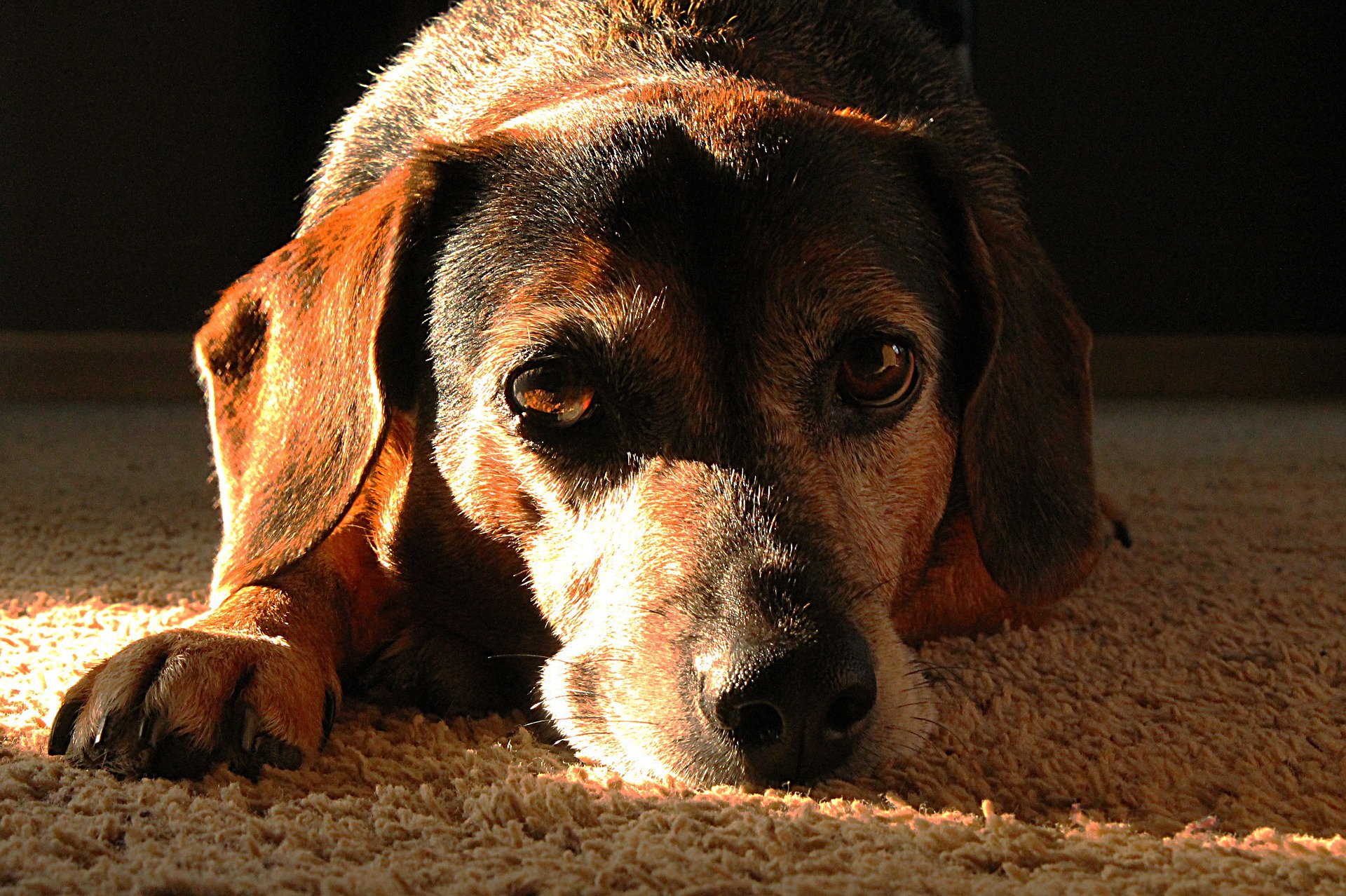One of the most common reasons which a dog is returned or relinquished to a shelter is that they have not been properly housetrained. This is reason enough to talk about how you can fix this problem for your dog – unless they have a medical condition, the fact that your puppy or dog has not mastered this behavior is likely not their fault.
Although we expect puppies to have to learn to be housetrained, we may not be so understanding if an older dog exhibits this behavior. Here are some tips and tricks to help your dog and make life together much more pleasurable.
Why Your Dog Needs to be Housetrained
A puppy needs to be able to master two things in order to be successfully housetrained. They need to be able to control their urges to eliminate, as well as to understand the proper place to do so. The right time to train a puppy is around 8 weeks, when they are beginning to gain control of their urges and won’t just eliminate at the first sign or urge.
But older dogs who have not been properly taught can absolutely be housetrained as well. Three elements are critically important to your success – consistency, positive reinforcement, and patience.
Human Tips for your Dog’s Housetraining
- Your un-housetrained dog needs constant supervision: You don’t want to give your dog the opportunity to fail. If you cannot be actively engaged with your dog during housetraining, looking for signs that they need to potty, they should be put in a crate. Contrary to some opinions, a crate is a normal and comfortable environment for a dog, as long as you haven’t used it for punishment. Dogs are den dwellers by instinct, and they naturally seek small and safe places to rest. Because in the wild mother wolves teach their young to potty outside of the cave or nest, dogs inherently seem to understand they shouldn’t use their “nest” for elimination. Crating a dog works with their innate desire to go elsewhere when nature calls. You can read the signs, and then take them outside when appropriate.
- Stick to a schedule: As you might expect, allowing your dog to graze on food all day will cause him to have to poop all day, and never at the same time. Get in the habit of feeding your dog on a consistent feeding schedule, and track how long it is before they need to potty. It is essential that someone is there to take them outside at those times, so they can learn the proper place to go. This type of feeding schedule makes the process more predictable and gives you more control until they are housetrained.
- Let them know you are pleased with them: Rewarding a dog for good behavior is a necessary part of all training efforts. Giving immediate praise in a loving and calm tone reinforced any desired behavior, including house training. Nearly all dogs respond positively to food, so treats are a common and effective reward. When your dog eliminates in the proper area outside, give praise and an immediate treat (so that they can readily associate the treat with the behavior.) Consistency is important at this stage, so have that treat ready as soon as they go where you want them to. In a short period of time, your dog should associate the proper potty behavior with your approval, and treats can usually be eliminated. Negative reinforcement rarely works if a dog makes a mistake and instead erodes your relationship – so keep it positive!
Training your dog can be much easier and enjoyable when you stick to positive, consistent and proven methods. If you are looking for a Sarasota dog training or Bradenton training facility, look no further than Gulf Coast Dog Training. We are here to help.





